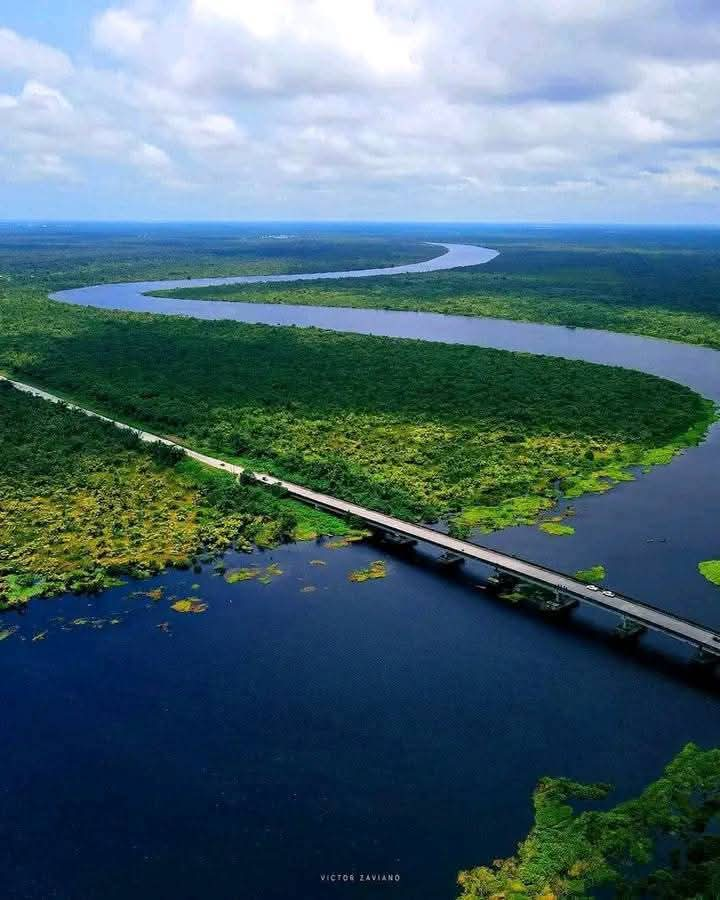By Wándé T. Àjàyí
At 49, one would expect Ondo State to have reached the full bloom of its immeasurable potentials, standing tall among its peers as a beacon of progress and development. Alas, the Sunshine State remains a paradox, blessed with vast natural resources but still grappling with epileptic governance. The economy wobbles like a drunken tapper, and the infrastructural deficit makes you wonder if quality development is allergic to this part of Nigeria. From the oil-rich creeks of Ilaje to the cocoa farms of Idanre and the rich hilly rocks of Akoko, the state remains a classic example of wasted opportunities and recycled mediocrity.
Politically, Ondo is the land where loyalty changes faster than NEPA light. One moment, leaders swear allegiance to progressive ideals, and the next, they are dining with the opposition, all in the name of political survival. The godfather syndrome, an epidemic in Nigerian politics, has found a comfortable home here, with kingmakers pulling the strings while the hunger stricken mass watch helplessly. Elections in Ondo are less about ideas and more about stomach infrastructure, with politicians competing over who can distribute the most bags of rice and cash-stuffed envelopes. The result is a cycle of leadership that prioritizes personal ambition over the collective good.
Once upon a time, Ondo was an industrial hub, with factories and enterprises built by heroes past to sustain the economy. The Oluwa Glass Factory, Ifon Ceramics, and Okitipupa Oil Palm Company stood as testaments to visionary leadership. Today, they lie in ruins, either abandoned or sold for peanuts under the guise of privatization. Bitumen, which should have turned the state into Nigeria’s economic nerve center, remains untapped. Industrialization is now a mere campaign maxim, while youth unemployment continues to rise, forcing many to embrace the twin evils of cybercrime and political thuggery.
The state capital, Akure, still prides itself on being a developing city, even when cities established decades later have left it in the dust. Basic amenities like good roads, healthcare, and quality education remain the stuff of campaign promises that are fulfilled only in rhetoric.
In other sectors, it is the same tale of stagnation. Agriculture, once the backbone of the state, is now abandoned for the more lucrative venture of oil politics. Education, which was once the pride of old Ondo, is struggling under the weight of underfunding and neglect. The health sector is another area in crisis. If you fall sick and do not have money to be transferred to neighbouring States or abroad, God save your soul. Security is another matter entirely. While Amotekun do their best, kidnappers and bandits have turned highways into nightmares, collecting ransoms like tax collectors, and cultists killing and maiming for fun.
But it is actually not all doom and gloom for beloved Ondo State. Despite its many self-inflicted wounds, we can still turn things around. The solution is simple: good governance, accountability, and a willful commitment to real development rather than empty political showmanship. Leaders must wake up from their slumber and prioritize policies that empower the people, not just their pockets. Industrialization should move from lip service to reality, and the state’s natural resources should be properly harnessed for the benefit of all. With a year to its Golden Jubilee, those saddled with the State’s fortunes must decide whether to embrace progress now or continue in the endless cycle of potential without performance. The choice, as always, lies in their hands.
Wande writes from Akure, Ondo State






Leave a Reply